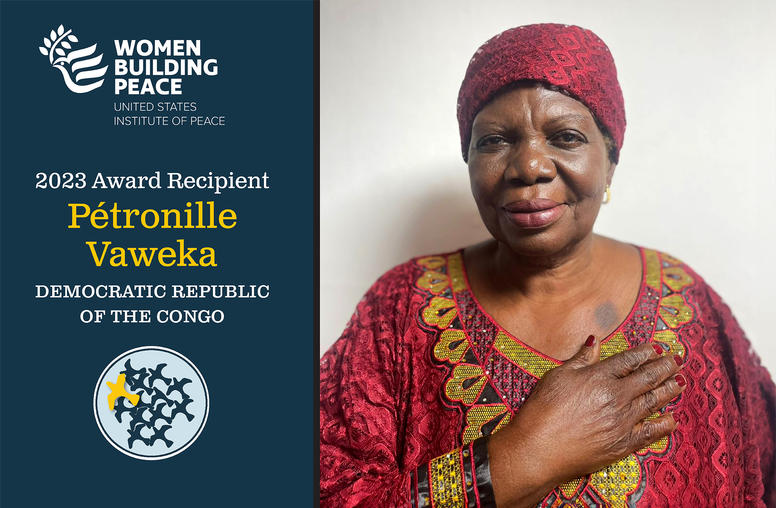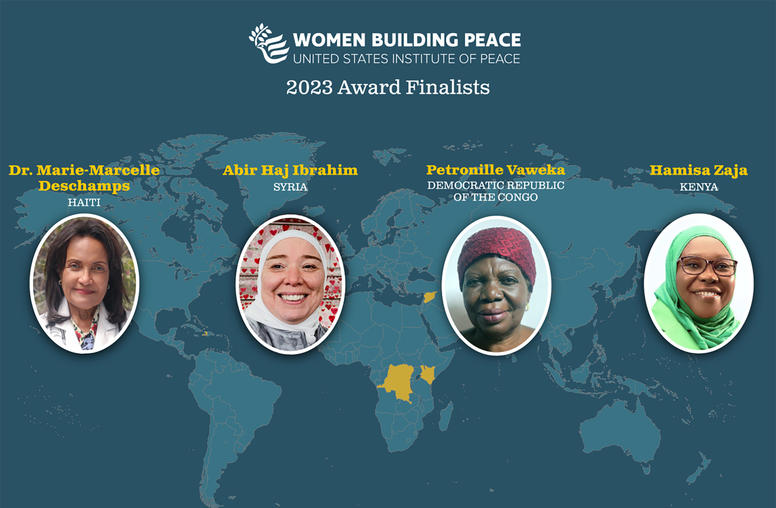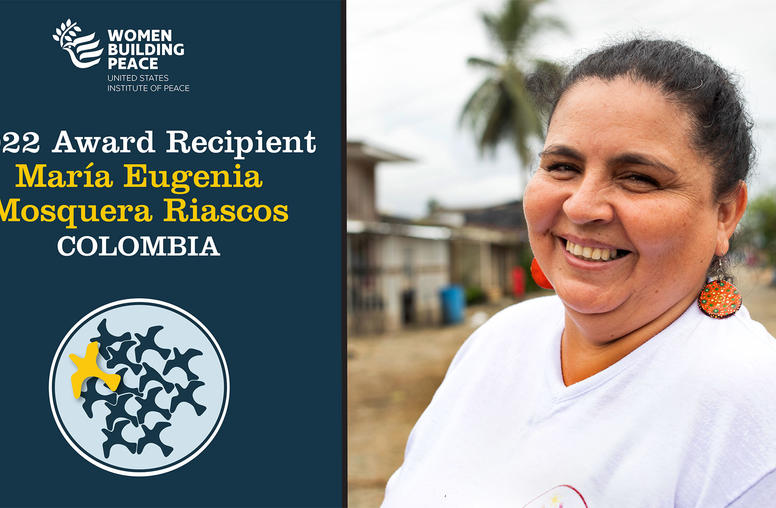Sri Lankan Diplomat and President of the 1995 Nuclear Non-Proliferation Treaty Review and Extension Conference Joins USIP
Ambassador Jayantha Dhanapala will be joining the United States Institute of Peace (USIP) as a Jennings Randolph Senior Visiting Scholar from March 1, 2010 – June 15, 2010. During his stay at the Institute, Ambassador Dhanapala will focus on how to strengthen the nuclear non-proliferation regime and provide an assessment of the Nuclear Non Proliferation Review conference to be held at the United Nations in New York from May 3-28.
For Immediate Release, March 5, 2010
Contact: Allison Sturma, 202/429-4725
(Washington) - Ambassador Jayantha Dhanapala will be joining the United States Institute of Peace (USIP) as a Jennings Randolph Senior Visiting Scholar from March 1, 2010 - June 15, 2010. During his stay at the Institute, Ambassador Dhanapala will focus on how to strengthen the nuclear non-proliferation regime and provide an assessment of the Nuclear Non Proliferation Review conference to be held at the United Nations in New York from May 3-28.
"The United States Institute of Peace is proud at any time to welcome Ambassador Dhanapala," said Chantal de Jonge Oudraat, the director of USIP’s Jennings Randolph Fellowship Program, "but we are especially pleased that he will be here sharing insights and expertise at this time when nuclear nonproliferation issues have regained momentum on the political agenda."
Ambassador Dhanapala has a distinguished career as a national and international diplomat, peace-builder and disarmament expert. As a Sri Lankan diplomat Dhanapala served in diplomatic postings in London, Beijing, Washington D.C., New Delhi, and Geneva, culminating in Ambassadorial appointments to the UN Office in Geneva (1984-1987) and in Washington D.C. (1995-1997). In June 2004, he was invited by the President of Sri Lanka to help manage the Sri Lankan peace process.
Ambassador Dhanapala was widely acclaimed for his Presidency of the 1995 Nuclear Non-Proliferation Treaty Review and Extension Conference, a landmark event in disarmament history. He reflected on his experiences of the NPT conference in "Multilateral Diplomacy and the NPT: An Insider’s Account" (Geneva: UNIDIR, 2005). He was later invited to join the Canberra Commission which published an influential report in 1996 on nuclear disarmament and non-proliferation. Dhanapala was also a member of the international Weapons of Mass Destruction Commission (WMDC) led by Hans Blix and which produced in 2006 "Report Weapons of Terrors: Freeing the World of Nuclear, Biological and Chemical Weapons." At the United Nations he served as Under-Secretary-General for Disarmament Affairs at the United Nations (1998 - 2003) and Director of United Nations Institute for Disarmament Research (UNIDIR) (1987-1992).
Ambassador Dhanapala is the President of Pugwash, an international organization that brings together scholars and policymakers to reduce the dangers of armed conflict and which received the Nobel Peace Prize in 1995 for its efforts in favor of nuclear disarmament. Dhanapala is former Chairman of the U.N. University Council, a member of the Governing Board of the Stockholm International Peace Research Institute (SIPRI), and of several other advisory boards of international bodies. He has received many honorary doctorates and other international awards and has published four books and several articles in international journals.


